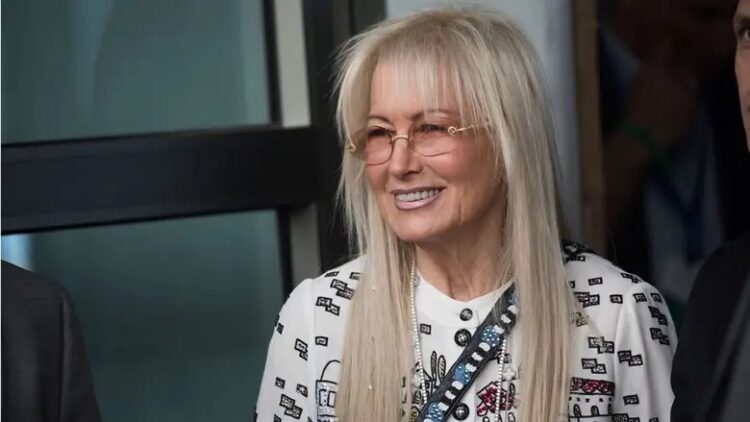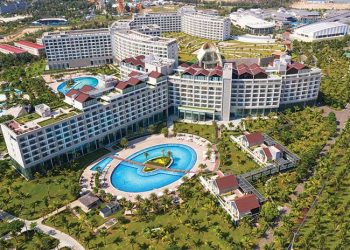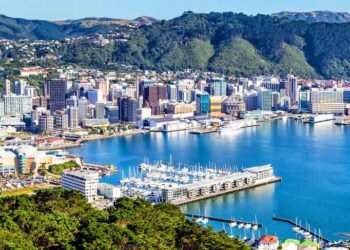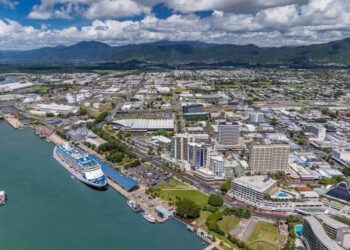The majority owner of Las Vegas Sands, Dr Miriam Adelson, is looking to buy a controlling stake in NBA franchise the Dallas Mavericks from current owner Mark Cuban, according to a report by Associated Press.
Hours after LVS revealed that Dr Adelson would sell-off 10% of her stake in the company for US$2 billion to fund acquisition of an unnamed sports franchise, the Mavs emerged as the franchise in question in a purported US$3.5 billion deal that would see Cuban retain control of basketball operations. Such a partnership is perhaps not surprising, with Cuban having stated last December that he would like to partner with LVS in developing an integrated resort in Texas should the state legalize commercial casino gaming.
It was also announced subsequent to the initial news of Dr Adelson’s plans that pricing of the shares has been set at US$44.00 per share, of which LVS has agreed to purchase US$250 million worth.
Wednesday’s announcement (Asia time) saw LVS shares lose 3.5% of their value while investment bank JP Morgan also noted that Macau-listed names had fallen by a similar amount, seemingly as a result of the LVS news.
Nevertheless, analyst DS Kim made it clear that the sale of some of Dr Adelson’s current 56% stake in LVS has nothing to do with the company’s Macau-based subsidiary Sands China.
“This should NOT have any impact on Sands China’s operation as Dr Miriam Adelson was NOT involved in the business nor held any position,” Kim wrote.
“This is NOT the same as LVS selling the stake or doing a placement. In fact, LVS is actually re-purchasing the portion of these stakes.
“So, this is a transaction by the widow of the founder of the parent-co of Sands China, which has zero implication for Macau’s fundamentals, in our view.”
Kim also reiterated his positive view on Macau’s ongoing recovery ahead of Friday’s release of November GGR figures, stating, “We are comfortable with November GGR to be ~MOP$16 billion which implies mass GGR to be at 100%+ of pre-COVID levels, and we continue to expect 4Q mass GGR to grow well above seasonality at +11% quarter-on-quarter.
“This should comfortably push industry EBITDA to recover to 85%+ of pre-COVID levels in 4Q23.”



































